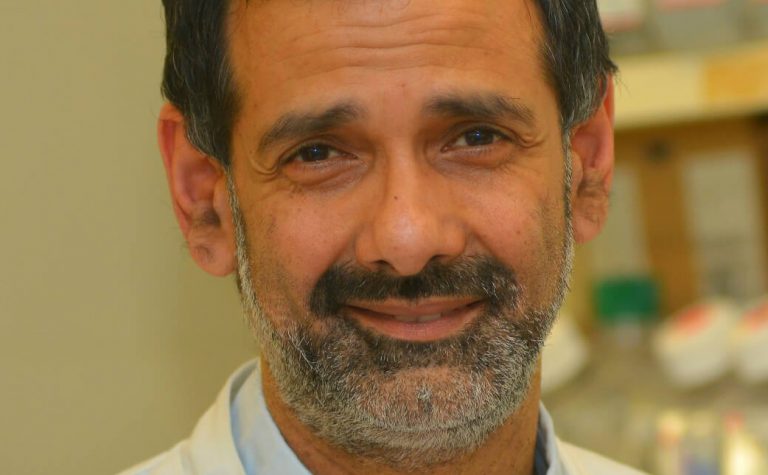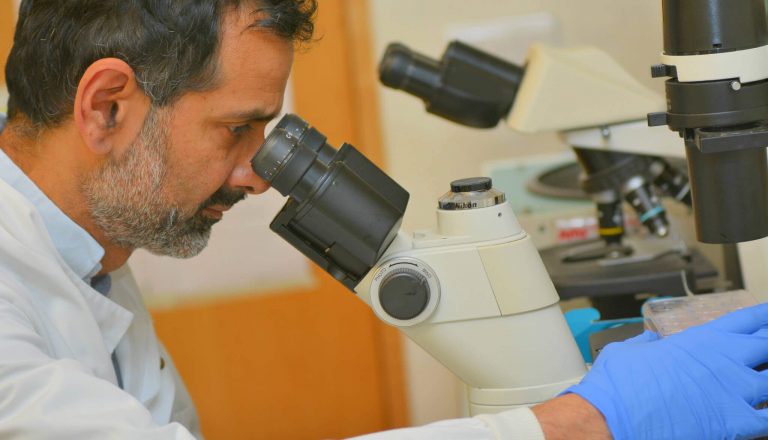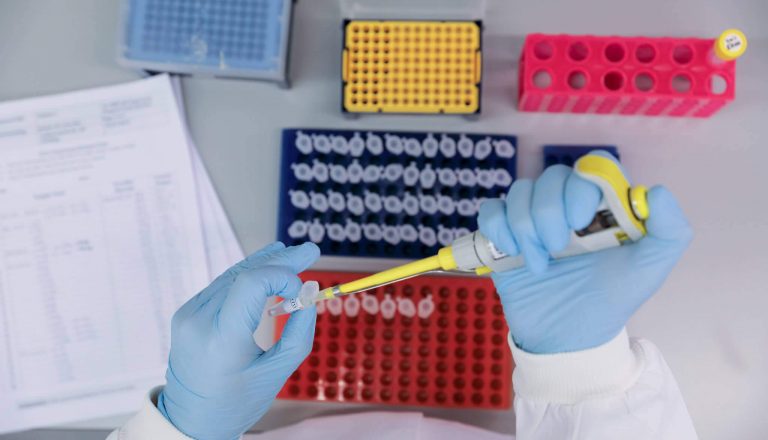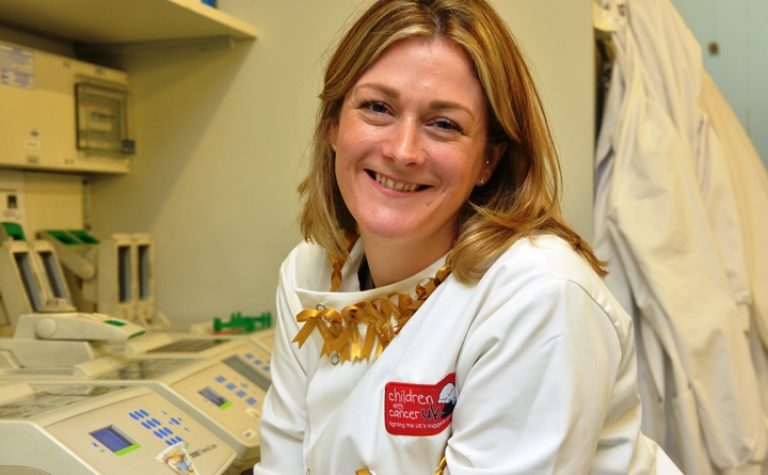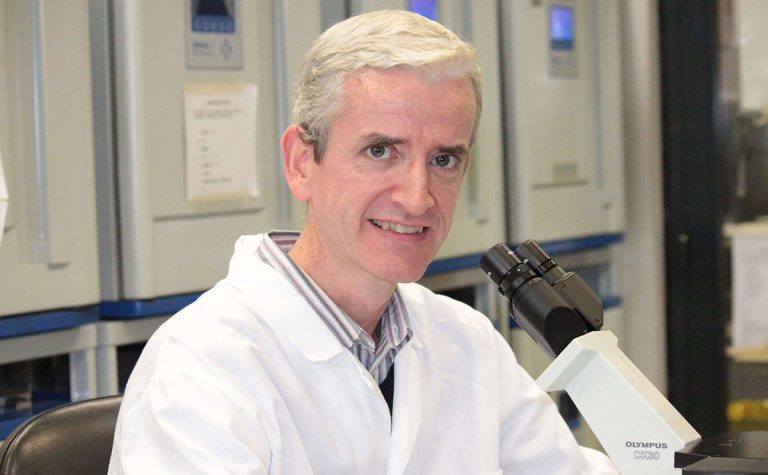Stem cell transplant is used as a treatment of last resort in young patients with acute lymphoblastic leukaemia (ALL) whose disease has failed to respond to or relapsed after chemotherapy. Only half of patients undergoing transplant are cured long-term, and disease relapse is the major cause of treatment failure. Professor Amrolia is pioneering the development of a new immunotherapy approach to treat relapsed ALL. If successful, this should not only improve survival but also reduce toxicity and improve quality of life for children with this disease.
Thank you
This research project on acute lymphoblastic leukaemia has been successfully completed. Your donations allow us to fund ground-breaking research that can improve treatments given to children with cancer. Thank you. Your help allows us to continue to find ways to drive up the chances of survival for children with cancer and reduce the toxic side effects that can affect the rest of their lives.
